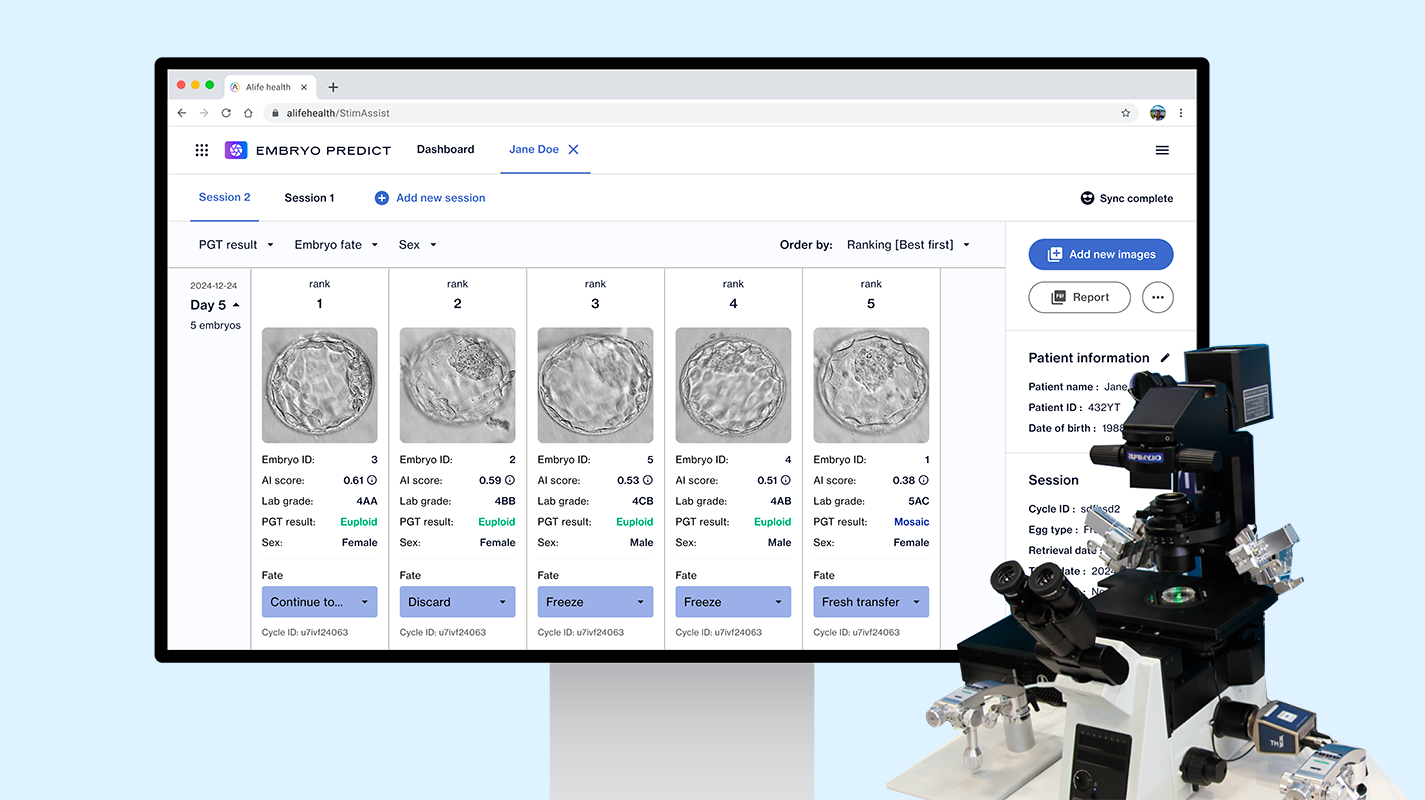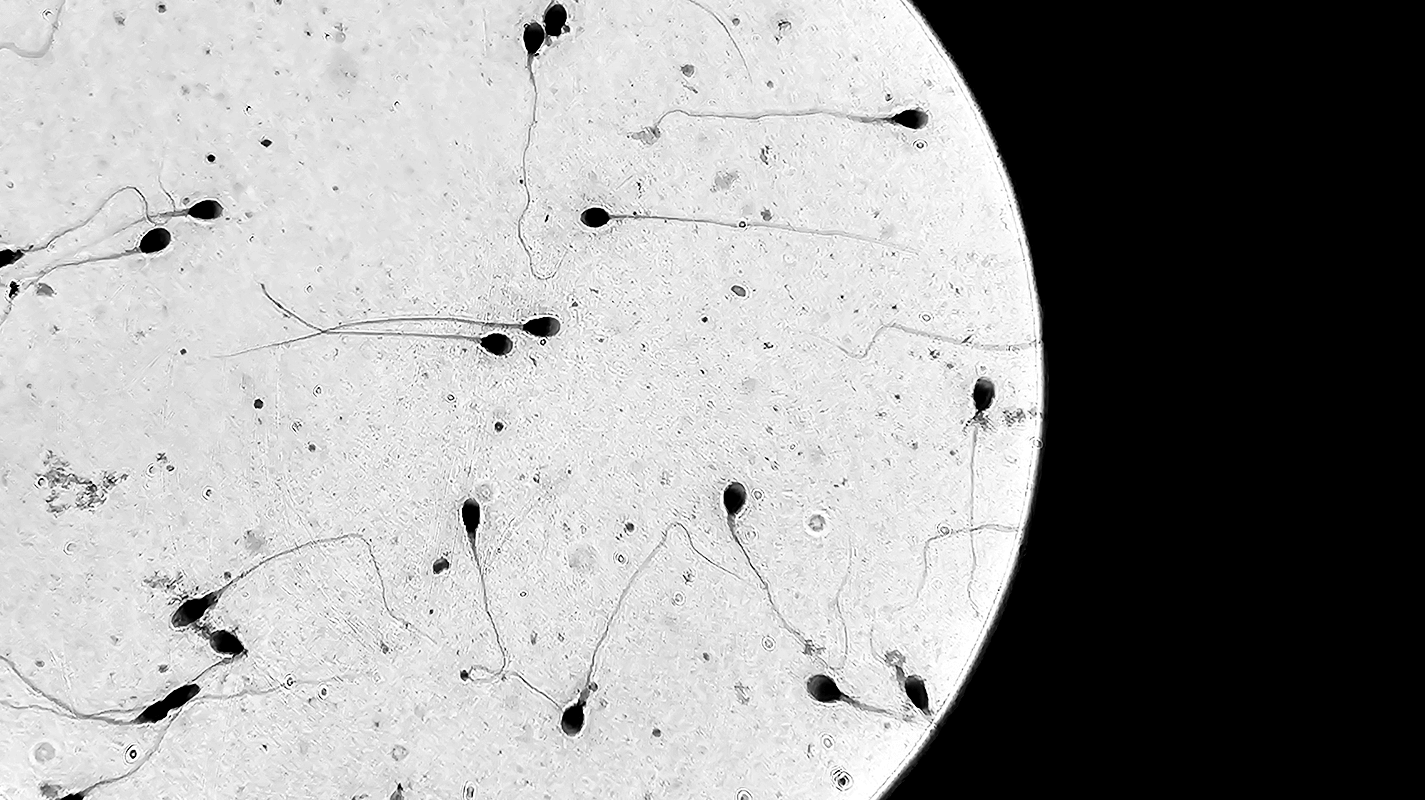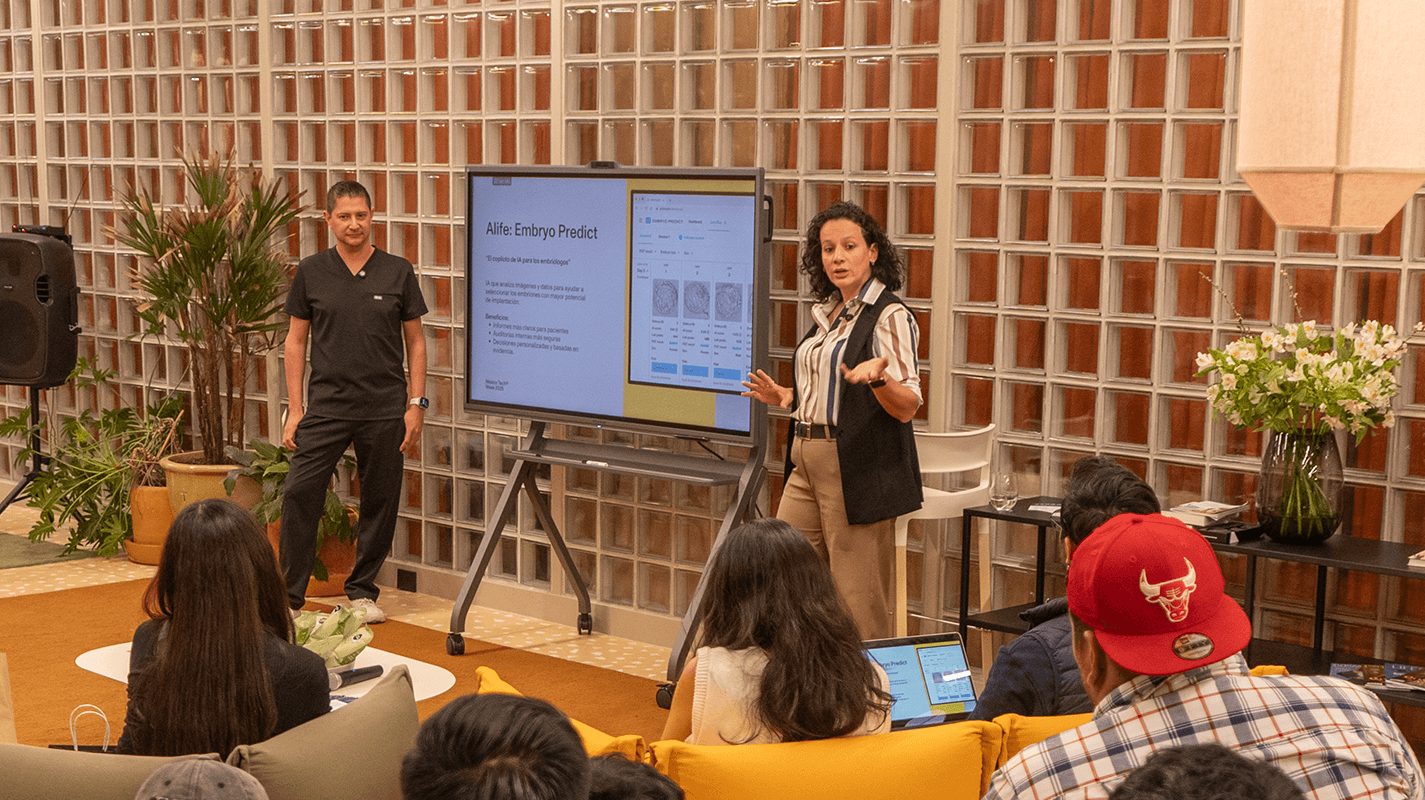Fertilidad Integral: Latin America's Pioneer in AI-Powered Embryo Selection

At Fertilidad Integral, we understand that every technical detail can make a meaningful difference in the experience of those who choose us. That’s why we’re proud to share that we’ve implemented Embryo Predict™, the AI-powered solution developed by Alife Health, making us the first international clinic outside the United States to adopt this cutting-edge technology.
What is AI-powered embryo selection technology?
This deep learning–based system¹ integrates directly with our lab infrastructure. It analyzes embryo morphology, day of development, patient age, and egg source to generate a personalized implantation score², supporting our team in more objective and standardized embryo selection (MDPI, 2023).
This represents a significant step forward in lab efficiency, enhances communication with patients, and offers a more transparent and trustworthy experience for those undergoing fertility treatment.
Why is this innovation so relevant?
According to a study published in Scientific Reports, AI systems have shown higher accuracy than human evaluation when grading embryos, improving consistency and reducing the margin of subjective error.
Additionally, recent research confirms that combining AI with time-lapse technology³—used to record embryo development on video—allows for more informed decisions by capturing key events that may go unnoticed during traditional observation (Frontiers in Reproductive Health, 2025).
What does this technology mean for our patients?
As part of our commitment at Fertilidad Integral, this innovation enhances the work of our embryologists and physicians, ensuring every step of your journey is supported by science, care, and clarity.
With Embryo Predict™, we now offer:
a) Clearer patient reports, explaining why an embryo was selected and which factors were considered.
b) More secure internal audits, thanks to documented lab history at every step.
c) Greater efficiency in prioritizing embryos with the highest potential for implantation and pregnancy.
What is the future outlook for this technological advancement?
According to Alife Health (2024), the use of artificial intelligence in embryo selection—such as the Embryo Predict™ technology—has the potential to transform fertility treatment by making it more precise, personalized, and efficient. This tool will enable clinics to improve embryo implantation rates, shorten treatment timelines, and support more informed clinical decisions through predictive models based on real, scalable data.
Moreover, the integration of AI as a support for medical decision-making opens the door to more standardized, transparent, and accessible reproductive medicine, where patients can receive clear explanations about why each embryo is selected. Alife Health projects that this technology is not meant to replace human expertise, but rather to enhance it—providing information that improves quality of care and enriches the experience for those undergoing fertility treatments with hope and confidence.
At Fertilidad Integral, we move forward with purpose...
We believe in responsible innovation, transparency, and a deeply patient-centered approach. Every technological step we take is backed by scientific evidence, ethical guidance, and compassionate care.
By integrating Embryo Predict™, we’re not only raising the technical standard in embryo selection—we’re reinforcing our commitment to every person who trusts us to take their first step toward building a family.
Have questions about how this process works?
Send us a message or book a consultation at fertilidad.com
¹ Deep learning: a subset of machine learning that uses multilayered artificial neural networks to analyze data and identify patterns in a way that mimics the human brain.
² Implantation score: also known as blastocyst grading, is an evaluation system used in in vitro fertilization to determine the likelihood of an embryo successfully implanting in the uterus.
³ Time-lapse technology: used to improve outcomes in in vitro fertilization (IVF), this technique allows for continuous video monitoring of embryo development without removing them from the incubator.
References:
- Alife Health. (2024, julio 17). Fertilidad Integral becomes first international fertility clinic to implement Alife's AI technology. https://www.alifehealth.com/press/fertilidad-integral/
- Frontiers in Reproductive Health. (2025). Artificial intelligence and embryo assessment: new frontiers in reproductive medicine, 2(3), 1520919. https://www.frontiersin.org/journals/reproductive-health/articles/10.3389/frph.2025.1520919/full
- MDPI. (2023). Artificial Intelligence in Embryo Selection: A Multicenter Validation Study, 7(2), 56. https://www.mdpi.com/2504-4990/7/2/56
- Nature. (2025). Predicting embryo viability with deep learning algorithms, Scientific Reports, 15(11810). https://www.nature.com/articles/s41598-025-11810-4
- ScienceDirect. (2024). AI-driven models for embryo selection in IVF clinics. https://www.sciencedirect.com/science/article/pii/S1028455924002742
- The Washington Post. (2025, julio 16). Inside the Silicon Valley push to breed super-babies. https://www.washingtonpost.com/technology/2025/07/16/orchid-polygenic-screening-embryos-fertility/
- The Wall Street Journal. (2025, junio 5). Longevity Is Now a Factor When Picking an Embryo for IVF. https://www.wsj.com/health/embryo-ivf-screening-longevity-2b1f096a







